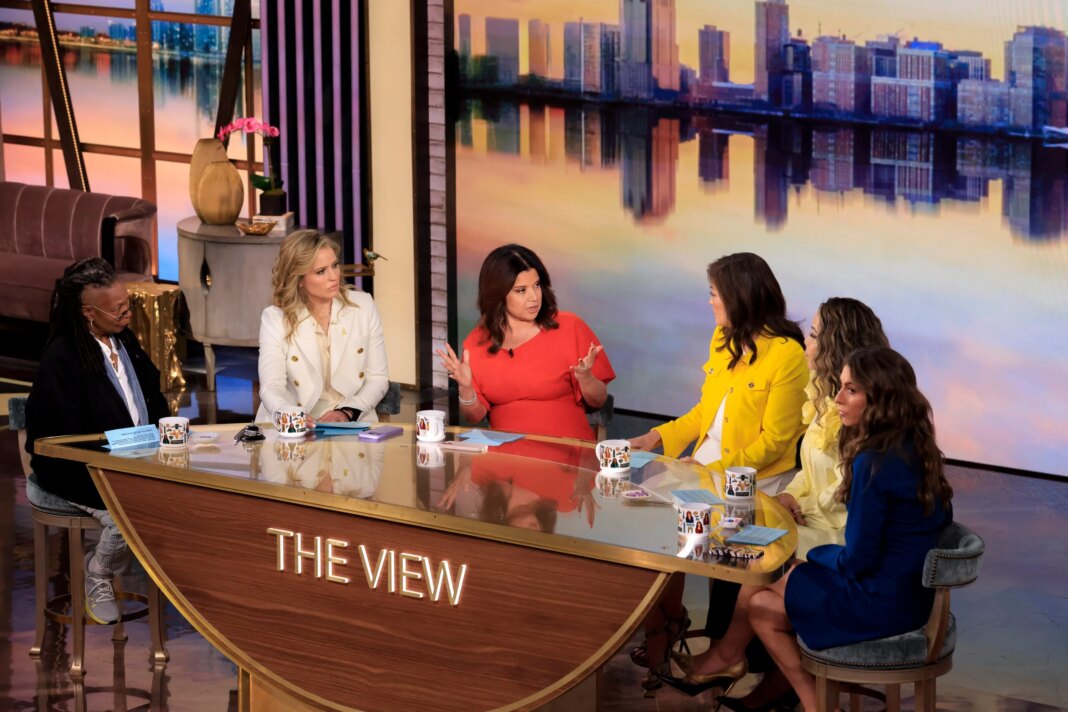The Controversial Suspension of Jimmy Kimmel: A Spotlight on Free Speech
Jimmy Kimmel is set to return to his late-night talk show this Tuesday after facing a week-long suspension, a decision that has ignited a heated debate about censorship, governmental influence, and the essence of free speech. Kimmel’s hiatus followed pressures exerted by the Trump administration over remarks he made regarding conservative activist Charlie Kirk’s suspected killer, sparking discussions that extend far beyond the world of entertainment.
The Chain of Events Leading to Suspension
Kimmel’s suspension was precipitated by Federal Communications Commission (FCC) Chairman Brendan Carr, who is aligned with the Trump administration. Carr threatened to revoke ABC affiliate licenses based on Kimmel’s comments, inciting a wave of concern regarding censorship. This incident raised alarms about the extent to which governmental pressure can influence media outlets, particularly when it affects the freedom of expression of public figures.
The Response from “The View”
On a recent episode of “The View,” co-hosts expressed their dismay over Kimmel’s situation, emphasizing that silencing a voice—whether they agree with it or not—poses a threat to democratic principles. Whoopi Goldberg, known for her outspoken views, reminded viewers, “No one silences us,” indicating a commitment to resistance against unacceptable government interference.
Goldberg and her fellow co-hosts aimed to address Kimmel’s suspension thoughtfully, waiting for him to speak about the issue first. Their approach highlights a deliberate effort to respect Kimmel’s space while simultaneously expressing their concerns. Although they refrained from directly criticizing ABC or Disney—Kimmel’s network and parent company—they made it abundantly clear that they view the situation as a form of governmental overreach.
The Implications of Government Overreach
Goldberg articulated a significant point regarding the appropriate boundaries of government involvement in media. She argued that while a show can be canceled or an individual can face consequences for inappropriate comments, it is unacceptable for the government to wield its authority to silence criticism. This becomes especially relevant in an era where political tensions frequently seep into cultural domains such as television.
Sunny Hostin reinforced this message by invoking the First Amendment, which was explicitly designed to protect citizens’ rights to voice dissent against government actions. Ana Navarro echoed this sentiment, recalling her experiences living under an authoritarian regime in Nicaragua. For her, the current political climate in America serves as a stark reminder of how subtle governmental influences can erode fundamental freedoms.
Shared Concerns Across the Aisle
Interestingly, even Alyssa Farah Griffin—a former member of the Trump administration—expressed her unease regarding Kimmel’s suspension. She emphasized the crucial role of free speech as a mechanism for holding those in power accountable, reflecting a rare moment of bipartisan agreement on the importance of protecting free expression. This shared concern highlights that the issues surrounding Kimmel’s case resonate across political divides, transcending party lines.
The Broader Impact on Media and Expression
The outcry over Kimmel’s suspension extends beyond the celebrity sphere into essential discussions about media accountability and integrity. With the FCC scrutinizing shows like “The View,” concerns have arisen that Kimmel’s case may not be an isolated incident. The potential for further governmental targeting of media outlets fosters an environment of anxiety over who gets to voice opinions and how open that dialogue truly is in America.
The conversation prompted by Kimmel’s return to television is significant. It challenges individuals and media organizations to reflect on the implications of government influence on free speech and the necessity of defending these freedoms, not only for celebrities like Kimmel but for all individuals engaged in public discourse.
In an evolving political landscape, Kimmel’s comeback is not just about a late-night show resuming its regular programming. It serves as a microcosm of a larger fight over the essence of free expression, the responsibilities of corporations, and the role of government in regulating public opinion.



